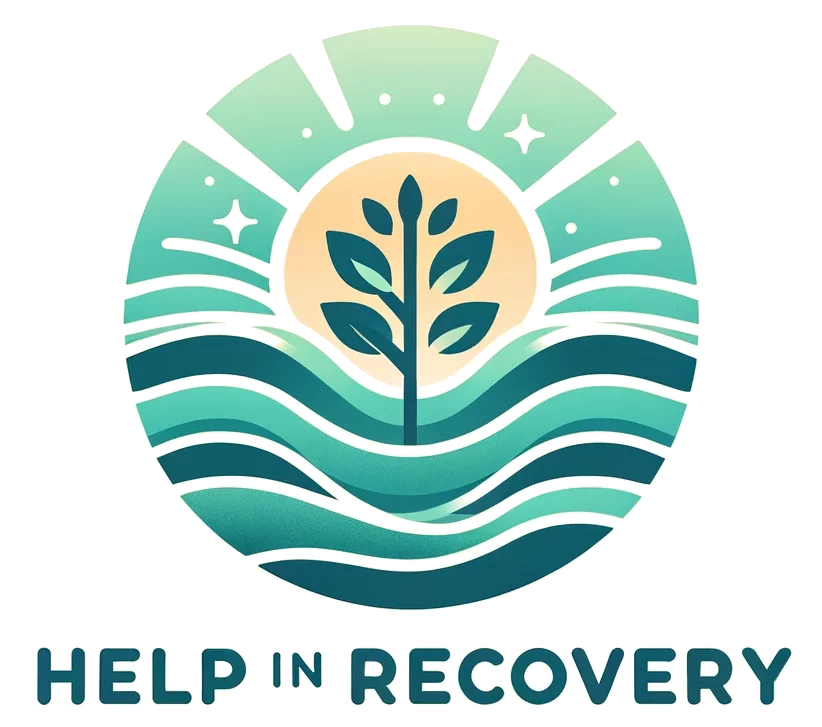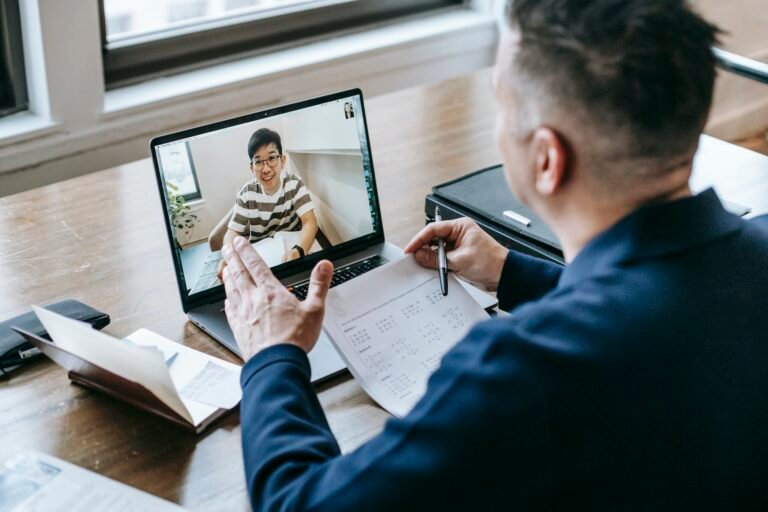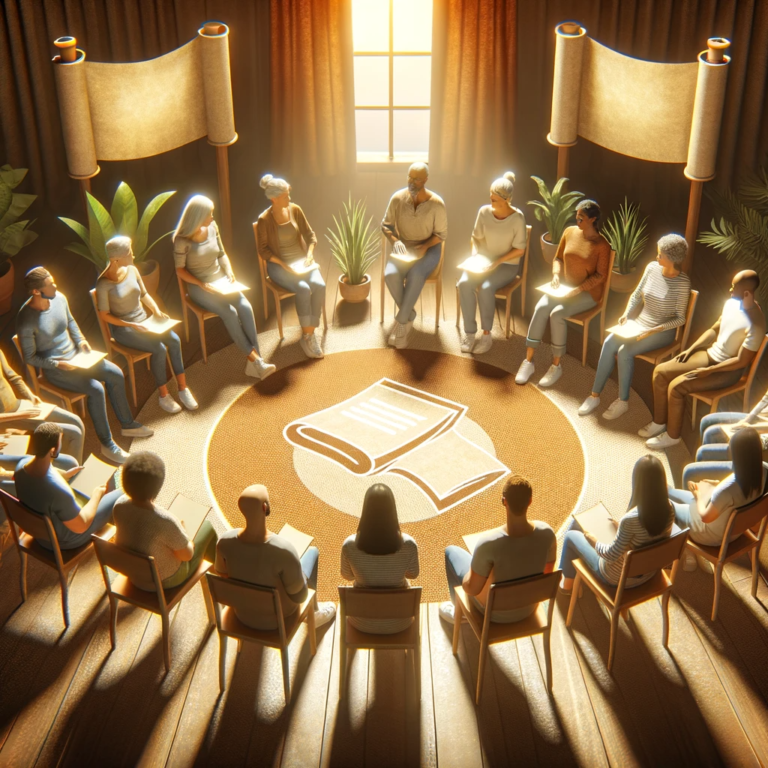100 Things to Do Instead of Drinking: Discover New Passions and Hobbies
Let’s explore some enriching alternatives that can lead to personal growth and joy in 100 things to do instead of drinking.
Embracing a life without alcohol opens up a world of new hobbies and passions. These activities not only fill the time previously occupied by drinking but also contribute significantly to mental and emotional well-being, crucial for those in recovery. I can speak from personal experience. I am over two years sober, and in this time, I have had more time and money to enjoy new activities which have enriched my life and helped me stay away from alcohol.
According to the stop drinking expert Craig Beck “If you’re bored, you’re more likely to reach for a drink or head out to a bar, just to pass the time. Hobbies make it easier for you to avoid boredom. You can turn to your new hobby to keep you occupied if you have spare time.”
For guidance on taking the first steps towards sobriety, visit our page on How to Stop Drinking: Embracing a Sober Life with Confidence and Support, where you’ll find comprehensive support and advice.
Before we get into the article, please see this infographic from the World Health Organisation showing the harmful causes of alcohol and to remind you why it’s important to find hobbies to do instead of drinking.

Section 1: Creative Alternatives from the 100 Things to Do Instead of Drinking List
Creative activities can provide a therapeutic and fulfilling outlet, allowing for self-expression and developing new skills. They are especially beneficial in recovery as they foster a sense of accomplishment and can be a soothing distraction from cravings or triggers.

- Painting or Drawing: Channel your emotions through colours and strokes, enhancing mindfulness and reducing stress. Paint by numbers helped get me through COVID-19 isolation during my first sober Christmas.
- Knitting or Crocheting: The rhythmic nature of knitting can be meditative and calming, providing a sense of control and focus.
- DIY Home Crafts: Engaging in home projects can boost creativity and give a tangible sense of achievement.
- Creative Writing: Writing helps process emotions and experiences, offering a healthy outlet for self-expression. One of the reasons I started this blog was to help with my recovery journey.
- Playing a Musical Instrument: Learning music improves cognitive abilities and offers a joyful escape.
- Singing or Songwriting: Express your inner thoughts and feelings through music, which can be incredibly cathartic.
- Dance Classes: Dancing is not just physical exercise; it’s a fun way to express emotions and reduce stress.
- Photography: Capturing moments can shift focus to the beauty in the world, enhancing mindfulness. I now go out looking for photo opportunities, which helps stop me from overthinking.
- Cooking or Baking: These activities can be therapeutic and offer immediate, tangible rewards. I can also cook from fresh, which means I have more control over what is going into my body.
- Gardening: Connect with nature; gardening can be a peaceful and grounding activity.
- Jewellery Making: Crafting jewellery can be a meditative and creative hobby.
- Pottery or Sculpting: Working with clay can be a grounding experience, offering stress relief.
- Scrapbooking: Preserve memories creatively, providing a reflective and relaxing pastime.
- Calligraphy or Hand Lettering: The focus required for calligraphy can be a form of mindfulness.
- Origami: This intricate art form enhances concentration and patience.
- Theatre or Acting: An excellent outlet for emotion and a way to explore different facets of oneself. I could enjoy some play in London with a clear mind, without needing a toilet break or craving the interval to arrive.
- Film Making or Video Editing: Creative storytelling through film can be a powerful way to express and connect. I have experimented with making reels on Instagram.
- Interior Decorating: Transforming a space can bring a sense of renewal and personal achievement.
- Woodworking: Building something with your hands can be deeply satisfying and empowering.
- Fashion Design: Designing clothes combines creativity with practical skills, offering a unique mode of expression.
Section 2: Physical Activities and Wellness
Among the 100 things to do instead of drinking, physical activities rank highly for their health benefits. Engaging in physical activities is crucial for those in recovery. It’s not just about keeping fit; these activities provide a positive focus, help manage stress, and boost overall mental health. Here are more ways to get active and feel great:

- Join a Gym or Fitness Class: Regular exercise improves physical and mental health. Gyms offer a variety of equipment and classes to keep you engaged. I signed up for a gym and had a place to go in the evenings when I would usually have been craving a drink.
- Yoga: Excellent for stress reduction, improving flexibility, and enhancing mental clarity. Great for all fitness levels. I found this challenging, but it helped me relax and concentrate on my breathing.
- Pilates: Focuses on core strength, flexibility, and mindful movement. It’s a great way to improve posture and balance.
- Running or Jogging: A simple and effective way to clear your mind, improve cardiovascular health, and boost endorphins. I managed to train and run a marathon in my first 18 months without drinking. Not drinking made me able to be consistent with my training. I had such a sense of achievement when I finished. I also compete in 5k Parkruns every Saturday, which help with a sense of community, creating good habits and keeping you fit.
- Cycling: Whether on a trail or in a spin class, cycling is a fantastic cardiovascular workout that can be very enjoyable.
- Swimming: A full-body workout that’s gentle on the joints. Swimming laps or taking a water aerobics class can be very therapeutic.
- Hiking: Exploring nature trails provides an excellent physical workout and helps connect with nature.
- Rock Climbing: Indoor or outdoor rock climbing is excellent for building strength, endurance, and problem-solving skills.
- Team Sports: Joining a local football, rugby, or cricket team can be a great way to exercise and build friendships. I have joined an LBGT football team, allowing me to connect to that community.
- Martial Arts: Practices like karate or judo improve discipline, strength, and self-defence skills.
- Golf: Relaxed physical activity that requires concentration and skill and is great for socialising.
- Surfing or Paddleboarding: Connect with the ocean and work on your balance and core strength.
- Skiing or Snowboarding: Winter sports that provide an exhilarating way to stay active and enjoy the outdoors.
- Horseback Riding: Offers a unique combination of physical activity and the therapeutic presence of animals.
- Archery: Improves focus and hand-eye coordination, and it’s a surprisingly good workout for your upper body.
- Gardening for Fitness: Strenuous gardening tasks like digging and landscaping can be a great workout.
- Dance Fitness Classes: Combining fun and fitness is a great way to let loose and increase your heart rate.
- Kickboxing: A powerful way to improve fitness and let off steam, combining cardio and strength training.
- Parkour: For the more adventurous, parkour improves agility, strength, and spatial awareness.
- Adventure Races: Challenge yourself with obstacle courses, mud runs, or other adventure-based races for an adrenaline rush.
Section 3: Intellectual and Educational Activities
Engaging your mind is just as important as engaging your body. Intellectual and educational activities can provide a stimulating and rewarding way to spend time, helping to keep your mind off drinking and promoting continuous personal growth.

- Reading and Book Clubs: Dive into the world of books to explore new ideas and connect with others through book club discussions. Reading has given me hope and inspiration – I am a regular reader of self-help books.
- Learning a New Language: Challenge your brain by learning a new language through classes or language-learning apps. I have more time to learn a computer language! I have been able to complete projects in Python, which helped me get my current job.
- Online Courses: Expand your knowledge or skills in various subjects through online platforms like Coursera or Udemy.
- Museum and Gallery Visits: Cultivate an appreciation for art and history with regular visits to museums and galleries.
- Attend Lectures or Talks: Keep an eye out for exciting lectures or talks in your area; they are a great way to learn and meet like-minded people.
- DIY Workshops: Participate in local workshops for DIY projects, like woodworking or pottery classes.
- Puzzle Solving: Engage in brain teasers, crosswords, or jigsaw puzzles to keep your mind sharp.
- Play a Musical Instrument: Now’s the perfect time to start learning if you’ve always wanted to play an instrument.
- Creative Writing: Whether starting a blog, writing short stories, or poetry, writing can be an excellent outlet for creativity and self-expression.
- Cooking Classes: Learn new recipes and cooking techniques in a cooking class.
- Gardening is a physical activity that involves learning about plants and nurturing their growth over time.
- Art Classes: Explore your artistic side with painting, drawing, or digital art classes.
- Photography: Develop your photography skills and learn to see the world through a new lens. I embrace my iPhone photography and am striving to improve.
- Chess or Strategic Games: Games like chess stimulate the mind and help develop strategic thinking.
- Attend Film Screenings or Discussions: Engage with film as an art form and participate in discussions about cinema.
- Explore Historical Sites and Landmarks: Take the opportunity to visit and learn about historical sites and landmarks in your area. This can be a fascinating way to connect with history and culture, offering a sense of discovery and education.
- Astronomy and Stargazing: Learn about the stars and planets, and spend some time stargazing.
- Bird Watching: Learn about different species of birds and their behaviours through bird watching.
- Join a Debate Club or Public Speaking Group: Improve your communication and argumentation skills.
- Study a New Subject Just for Fun: Pick a subject you’ve always been curious about and study it without any pressure.
Remember, the goal is to keep busy and engage in meaningful and enriching activities, opening up new horizons and opportunities for personal development.
Section 4: Social and Community Engagement from the 100 Things to Do Instead of Drinking List
Building a solid social network and engaging with your community can be incredibly beneficial during recovery. It helps create a sense of belonging and provides a support system, crucial for maintaining sobriety.

- Volunteering: Contribute to your community by volunteering at local shelters, food banks, or community events. I have joined some local projects on an ad-hoc basis, giving me a sense of pride and worthiness.
- Joining Clubs or Groups: Find clubs that align with your interests, such as a hiking club, a book club, or a photography group. I found a mental health walking group, which gave me a place to go when I was having a low period in early recovery. It was helpful to have a community that shared similar issues, which did not all revolve around alcohol.
- Cooking or Baking for Friends and Family: Share your culinary skills by hosting dinner parties or baking sessions.
- Organising Community Clean-Up Events: Bring people together for a good cause and help clean up your local area.
- Participating in Local Sports Leagues: Join a local football, cricket, or tennis league to stay active and social.
- Attending Social Meetups: Look for social meetup groups in your area that cater to a wide range of interests.
- Hosting a Game Night: A fun way to spend time with friends and family, playing board games or card games.
- Join a Theatre Group or Choir: Engage in the performing arts and enjoy the camaraderie of working towards a common goal.
- Taking Group Classes: Whether art, dance, or cooking, group classes provide a great way to learn new skills and meet people.
- You are starting a Book or Film Club: A great way to share and discuss your interests with others.
- Attending Festivals and Community Events: Participate in local cultural events and festivals to connect to your community.
- Organising Charity Events or Fundraisers: Channel your energy into helping others and organising events for a good cause.
- Participating in Group Travel or Excursions: Join travel groups or plan trips with friends to explore new places.
- Joining a Gardening Club or Community Garden: Share your love for gardening with others and learn from fellow enthusiasts.
- Participating in Workshops or Seminars: Attend workshops that interest you and take the opportunity to network.
- Social Dancing Classes: Learn salsa, tango, or ballroom dancing and enjoy social interactions.
- Attend Art Exhibitions and Openings: A great way to appreciate art and meet like-minded individuals.
- Join a Yoga or Meditation Group: Share the experience of mindfulness and wellness with others.
- Start a Podcast or Blog: Share your journey or interests and connect with a broader audience. I can recommend the blog option!
- Organising Outdoor Adventures: Plan hiking, camping, or cycling trips with a group of friends or community members.
Engaging with others in these activities can provide a sense of purpose and fulfilment, making the recovery journey more enjoyable and sustainable.
Section 5: Nature and Outdoor Exploration
Connecting with nature can profoundly impact your well-being, especially during recovery. The tranquillity and beauty of natural environments offer a perfect backdrop for reflection, relaxation, and rejuvenation. Here are the final 20 activities from the 100 Things to Do Instead of Drinking List:

- Nature Walks: Take leisurely walks in natural settings like parks, forests, or beaches. I have taken trips to the beach and am very lucky to live near Epping Forest in London; you will find me there a lot, usually running!
- Bird Watching: Find peace and mindfulness while observing the diverse species of birds in their natural habitat.
- Camping: Experience the simplicity and serenity of living outdoors, even just for a weekend.
- Fishing: A tranquil way to spend time outdoors, offering patience and the reward of the catch.
- Gardening: Cultivate a garden, growing flowers, vegetables, or herbs, and enjoy the nurturing process.
- Stargazing: Discover the wonders of the night sky, either through naked eyes or with a telescope.
- Photography: Capture the beauty of the natural world through your lens, enhancing your observation and creative skills.
- Mountain Biking: Explore off-road trails and enjoy the thrill of mountain biking.
- Outdoor Yoga or Tai Chi: Practice these disciplines in natural settings for enhanced peace and grounding.
- Kayaking or Canoeing: Paddle through rivers or lakes, enjoying the calmness of the water and scenic views.
- Rock Climbing or Bouldering: Challenge yourself with this physically and mentally demanding activity in the great outdoors.
- Horse Riding: Connect with animals and nature while learning to ride horses.
- Surfing: Embrace the waves and find a unique sense of freedom and exhilaration.
- Geocaching: Join the world’s giant treasure hunt and explore new places.
- Foraging for Wild Food: Learn about local edible plants and enjoy the satisfaction of foraging.
- Beachcombing: Walking along the beach, searching for interesting shells, stones, and sea glass.
- Nature Conservation Volunteering: Get involved in local conservation efforts, helping to preserve natural environments.
- Picnics in Scenic Areas: Enjoy meals outdoors in beautiful settings; it’s a great way to relax and unwind.
- Guided Nature Tours: Participate in tours to learn more about local flora, fauna, and natural history.
- Outdoor Meditation or Mindfulness Practices: Practice meditation in natural settings to enhance the sense of peace and connection.
Immersing yourself in nature provides a beautiful escape and helps to ground yourself, offering a sense of calm and balance essential in recovery.
For more ideas and inspiration on outdoor activities, check out The Outdoor Guide, an excellent resource for family and mobility-friendly outdoor adventures in the UK.
This article explores 100 Things to Do Instead of Drinking, offering a range of activities to enhance your sober journey. We hope these 100 things inspire you to discover new passions and hobbies, bringing joy and fulfilment into your life. Remember, every step on this journey is a step towards a healthier, happier you. Embrace these opportunities and enjoy the journey of self-discovery and growth.
Let me know in the comments how many you are interested in trying. If you have been in recovery, how many new activities have you been able to try? Do you have any other recommendations?







